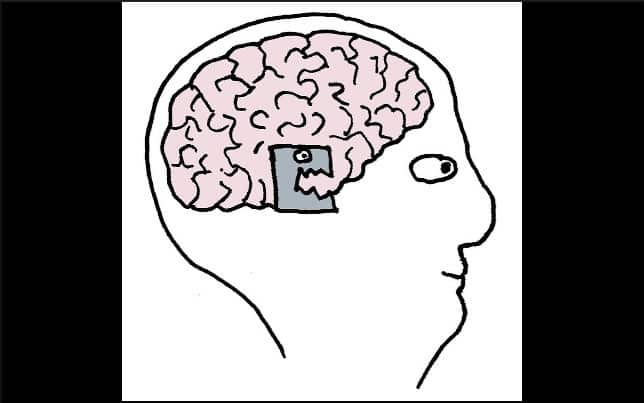
In the literature associated with the W8Loss2Go smartphone app, Dr. Pretlow says:
The brain tends to glom onto any behavior that relieves stress, in this case eating, and this becomes a behavioral addiction. Nervous eating involves the mechanical actions of eating — biting, chewing, crunching, hand-to-mouth motion, and especially swallowing.
Displacement activity occurs in many forms, of which eating is one. But what happens when there just isn’t any food? What happens when the substance that fuels the obsession, i.e. food, is simply not available?
When the pantry shelves are empty, we can fill them, symbolically, with displacement activity and/or and cross-addiction (to be discussed.) When we can’t fight or flee, or muster up any number of decreasingly likely courses of action, we go for a substitute. As Dr. Pretlow wrote in “Displacement Activity” (April 2019),
Displacement activity is an innate, hard-wired, instinctual, automatic biobehavioral mechanism… Displacement activity is rechanneling of overflow energy from conflicted or thwarted drives into another drive.
Some examples enumerated by Dr. Pretlow include fingernail biting, skin picking, hair pulling, and even sleep, which is the least harmful possibility. In movies and TV shows, a familiar Old West trope is the fellow chewing on a twig, toothpick, matchstick, pipestem, or stalk of grass. Who knows? Twig chewing might become popular again.
Exercise is a favorite displacement activity, especially among people who frankly admit that without strenuous physical workouts to take the edge off they might physically assault their fellow citizens.
Precarious mental states
Doctors from the Henry Ford Health System have warned that if a patient shows up with the coronavirus and an altered mental status, it could be Covid-19-associated acute necrotizing hemorrhagic encephalopathy. In other words, the virus can attack the brain and nervous system. Speaking from another institution, the Baylor College of Medicine, Dr. Chethan Rao explained that while the lungs harbor the most cells likely to be affected,
The cells with the right receptors for SARS-CoV-2 […] are also found in blood vessels in the blood-brain barrier and in nerve endings.
In other bad news, related by D. A. Kirk,
In Walnut Creek, California, one doctor at John Muir Medical Center recently told local news station ABC7 Eyewitness News that his facility had “seen a year’s worth of suicide attempts in the last four weeks,” and mental health experts have expressed concerns that the situation could become much worse.
Your responses and feedback are welcome!
Source: “Coronavirus Might Attack the Brain, Too,” Medium.com, 04/08/20
Source: “An Open Letter to Every American Who Doesn’t Want to Wear a Mask,” Medium.com, 05/25/20
Image by Sustainable Economies/CC BY-SA 2.0

 FAQs and Media Requests:
FAQs and Media Requests: 












2 Responses